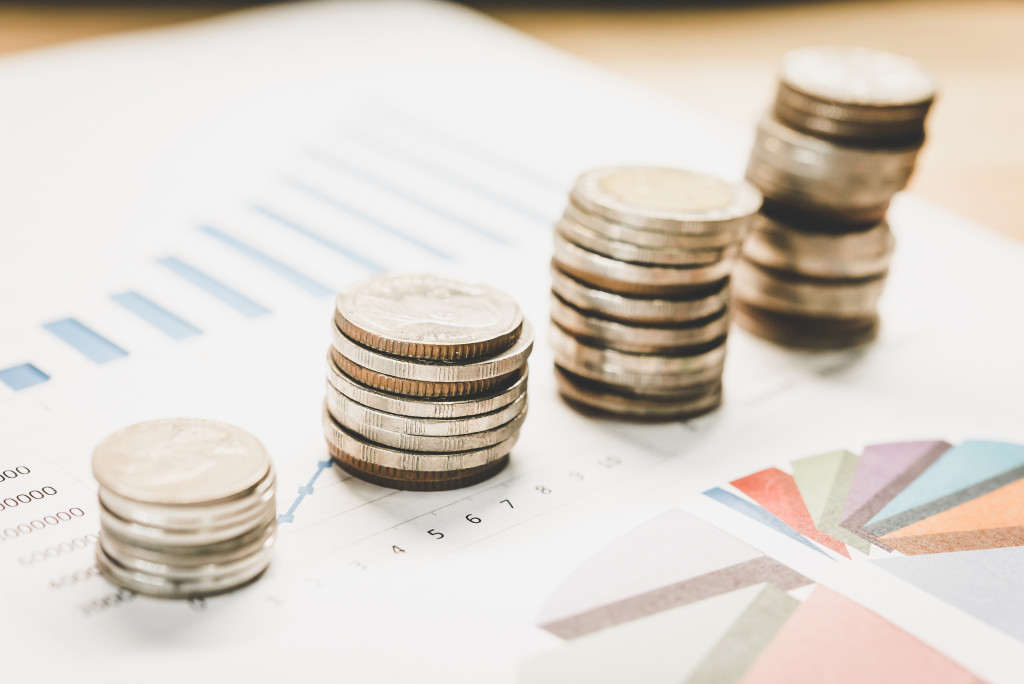Most advice you’d probably hear is to save at least three to six months’ worth of regular finances or to take out another line of credit, a business loan, or to use your savings to keep your business afloat. While those are not bad recommendations, there is more to that.
Another common piece of advice is to focus solely on building your small business to succeed. Again, while that can work for some, not all can just quit their daytime job to run a business. And even if you think you got yourself covered, it’s always best to have extra than to wait for a crisis and have a financial panic that can potentially ruin everything. In this article, you’ll learn a few ways to save enough emergency funds for your business.
Why you should keep your day job
Building a business, as you know, includes making sacrifices. It can mean staying at your dreadful day job. When you keep your day job, you get to stay financially stable, both for yourself and your business. If you’re solely relying on your business cash flow, expect a big chance that you’ll find yourself quitting if it doesn’t go well.
Of course, you don’t have to stay forever, but just as long as you need it. Depending on how the business is going, it takes two to three years for a company to be profitable on average. It can take even longer for you to need your regular income from your job.
Having a stable income saves you from financial stress. You can afford to stick with your business longer, plus extra time to figure out the momentum you need. If you’re lucky enough that your business is going well and still have your regular income from your day job, you will have more to save for your emergency fund.
Opening a savings account

As mentioned earlier, your emergency savings goal should be six months’ worth of business expenses, including payroll, rent, equipment, loan payment, and others. It might sound intimidating and daunting, but if you focus on the right amount at a time, you’ll be fine. Plus, there is no one way of saving for an emergency fund, so you can do it however your situation allows you to.
You can open a separate savings account, preferably one that gains interest, and set up an automatic monthly deposit. This way, your money grows every month, and it’ll collect interest. An excellent way to avoid spending it unnecessarily is to put it somewhere you won’t be tempted to reach for it unless there’s absolutely a business emergency.
Saving even more money when business is going well
When your business has a great few months, it’s easy to feel like you’re gaining a lot, even more than you need. It can be tempting to opt for unnecessary things and spend that extra profit on fancy new equipment. Well, it’s not a perfect idea. It might feel good at first, but it’s always best to be smart about your finances.
Remember, a wise business leader can predict potential failures and thinks before spending. With that, don’t give in to temptation and put that extra money on the emergency savings.
Another smart way to spend extra profit is on your following projects and other essential things to improve your business. You can divide the money if it’s an option. Perhaps you might need it for a marketing campaign, marketing service automation, equipment maintenance, or even for next month’s rent. In any way, you need to know your priorities. You know when to spend a certain amount before spending on irrelevant expenses impulsively.
Don’t pressure yourself to save
When saving for an emergency fund, no amount is too little, especially if your small business is just starting. Giving yourself too much pressure on saving will not do good for your business. Therefore, save what you can and, again, know your priorities to spend and save your money wisely. It might take time to reach that six-month goal. Remember, little progress is still progress. You’ll get there.
While your emergency fund is strictly for emergencies only, you can consider it an emergency if your business is running slow or becoming less than profitable. The purpose of an emergency fund is to have money set aside in case of, well, emergencies and unforeseen circumstances. It’ll never be useful if you’re spending it whenever you feel like it. While it takes a smart strategy to save it, it also applies to when you will use it.
